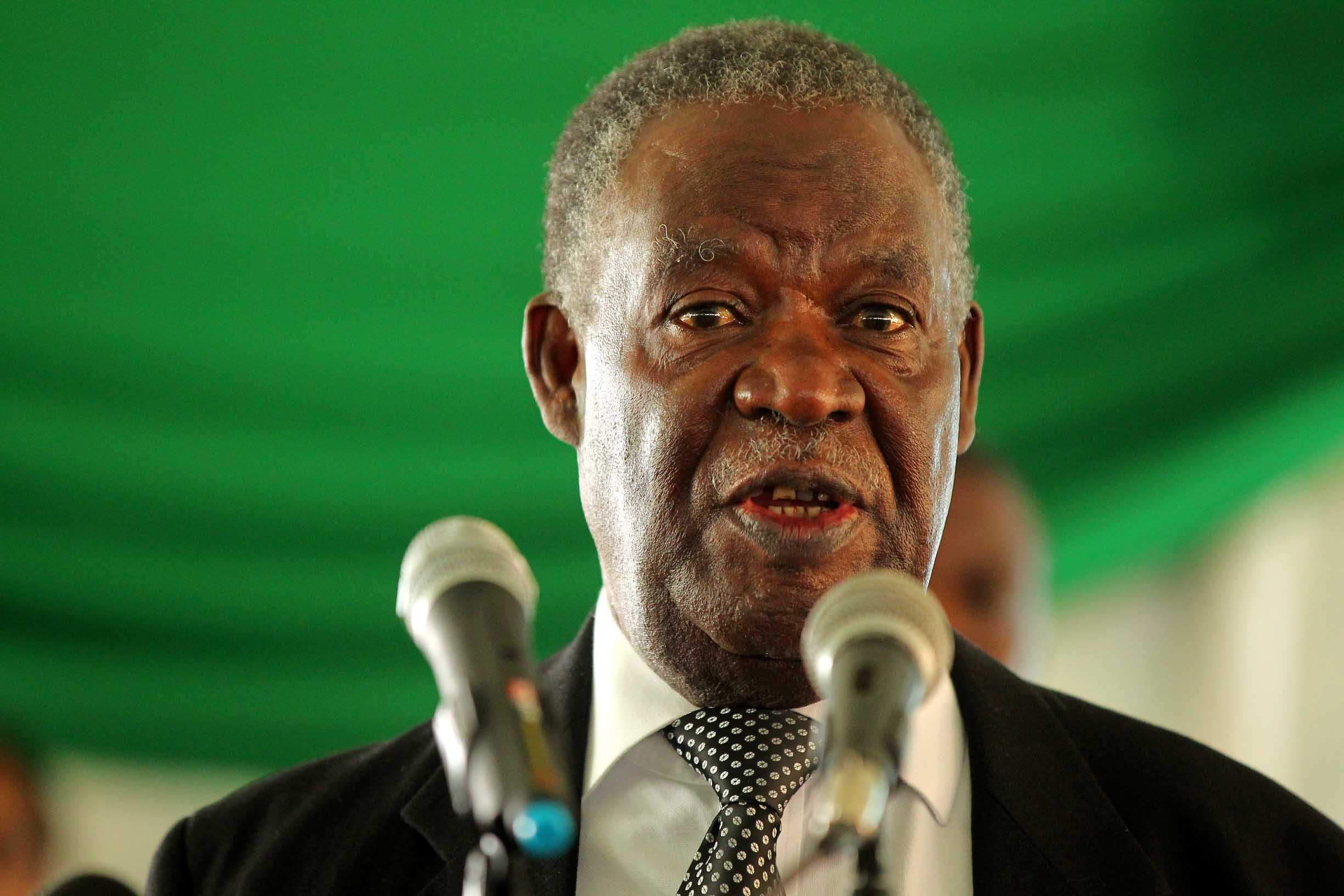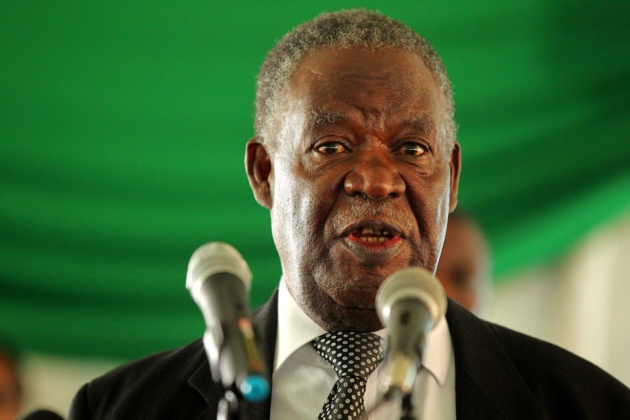Looking back at the country’s past, Zambia, like any colonized African country, is home to many ethnicities. In order to guard national unity, English has remained the official language following its independence in 1964. The same year, the United National Independence Party took power and Kenneth Kaunda became the first president of the Republic. He stayed in the position under an authoritarian regime until 1991, when following numerous revolts the previous year, he decided to re-establish a multi-party regime.
Since then, elections have taken place on schedule, despite the early elections in 2008 following the death of President Levy Mwanawasa, leader of the Movement for Multiparty Democracy (MMP)- an opposition party during the 1990s. Today’s elections have taken place following a similar situation: Michael Sata, leader of the Patriotic Front, elected in 2011, died on the 28th October 2014.
The Zambian economy: the key to the elections
The Zambian economy is largely based upon copper- it forms 85% of exports. Since the turn of the 21st century, the country has further exploited its resources, which has permitted it to enjoy slight economic growth. It’s from this perspective that China has become one of the main investors in Zambia- as in many other African countries- something that has become an issue for the elections.
It is also important to keep in mind the importance of agriculture in the country as in 2000, it represented 85% of employment in the country.
It is also important to keep in mind the importance of agriculture in the country as in 2000, it represented 85% of employment in the country.
However, the government has gotten into a lot of debt over the years, and the instability of the exchange rate provokes sharp increases in debt. This is turn provokes more foreign investments, unemployment at 20%, and a confusion on the part of the citizens faced with the elections.
The party that was in power, the Patriotic Front, governed for 3 years. Nowadays, some of their voters question their ability to improve the situation of the country.
The party that was in power, the Patriotic Front, governed for 3 years. Nowadays, some of their voters question their ability to improve the situation of the country.
One round of elections
In Zambia, the presidential elections are done in a single round. Thus, there are eleven political parties competing in these elections. Four main candidates stand out: Edgar Lungu, at the head of the Patriotic Front (the social democratic party) and the person who would succeed the previous President; Hakainde Hichilema, representative of the United Party for National Development (a liberal political party which has fallen in the opinion polls in the last few years); Edith Nawakwi with the Forum for Democracy and Development (a party that split from the MMD); and finally, Nevers Mumba, at the head of the latter.
Despite UPND’s fall in the elections, Hakainde Hichilema is Edgar Lungu’s biggest competitor. Indeed, he appears to be the difference that the country needs. Being an economist by profession, he gives the image of a candidate with leadership qualities. He also wants to decentralize power to the provinces, and plays a lot on the economy in terms of minimum wage and unemployment. Thus, he is trying to oppose all of the PF’s points, about which many voters express doubt.
In comparison to the normal presidential elections in Zambia, these stand out for two reasons: firstly, following the deaths of two presidents during their presidential term, candidates have been subject to mandatory medical checks, a first for the country. What’s more, the last president took office in 2011. This should have finished in 2016, as a term in Zambia lasts 5 years. However, the candidate taking his place will only perform the function of ‘replacement’, being elected only until 2016 when the elections will take place as planned.
A rough election
Zambia has a history of violence during campaigns, and this has been no exception. Indeed, a helicopter transporting members of the UPND has been attacked. Hichilema made an appeal against this violence, saying that it delegitimises the elections and that it could put his party and the others at a disadvantage against the governing party. Additionally, the Zambian electoral Commission has decided this year to publish the results online. According to them, there is a risk of data manipulation.
To try to counter not only the problems that are already present but also possible future problems (the manipulation of votes and corruption) this Commission has put in place a system by which the voters can communicate in case of a problem. Indeed, it is possible to send a free message to a number or even use the twitter hashtag #Zvotes.
Despite the possible change in politics of the government, in less than two years, voters will once more be able to choose their President- giving them the possibility to take risks.
Despite the possible change in politics of the government, in less than two years, voters will once more be able to choose their President- giving them the possibility to take risks.





























